Filter by
The language used throughout the course, in both instruction and assessments.
275 results for "nlp"
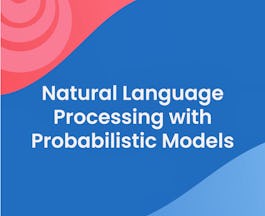
DeepLearning.AI
Skills you'll gain: Machine Learning, Natural Language Processing, Python Programming, Statistical Programming, Statistical Machine Learning

Coursera Project Network
Skills you'll gain: Machine Learning, Natural Language Processing, Python Programming
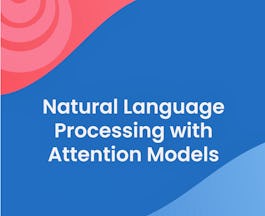
DeepLearning.AI
Skills you'll gain: Natural Language Processing
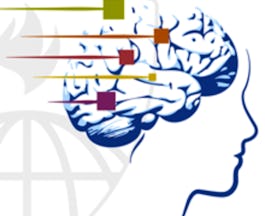
Johns Hopkins University
Skills you'll gain: R Programming, Data Analysis, Statistical Programming, Statistical Analysis, Computer Programming, Exploratory Data Analysis, General Statistics, Problem Solving, Data Analysis Software, Probability & Statistics, Computer Programming Tools, Critical Thinking, Programming Principles, Statistical Tests, Data Management, Data Structures, Statistical Machine Learning, Basic Descriptive Statistics, Algorithms, Data Model, Human Learning, Machine Learning, Machine Learning Algorithms, Process Analysis, Correlation And Dependence, Data Visualization, Data Visualization Software, Plot (Graphics), Regression, Interactive Data Visualization, Applied Machine Learning, Big Data, Computational Thinking, Data Mining, Estimation, Extract, Transform, Load, Mathematics, Probability Distribution, Databases, Computer Graphics, Machine Learning Software, Communication, Computer Graphic Techniques, Knitr, Natural Language Processing, Visualization (Computer Graphics), Interactive Design, Product Development, Web Development
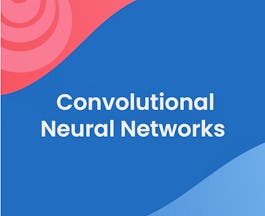
DeepLearning.AI
Skills you'll gain: Artificial Neural Networks, Computer Vision, Machine Learning, Applied Machine Learning, Deep Learning, Machine Learning Software, Machine Learning Algorithms, Network Model, Tensorflow, Network Architecture, Human Learning
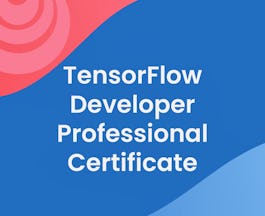
DeepLearning.AI
Skills you'll gain: Machine Learning, Tensorflow, Deep Learning, Machine Learning Algorithms, Artificial Neural Networks, Applied Machine Learning, Human Learning, Computer Programming, Python Programming, Machine Learning Software, Natural Language Processing, Computer Vision, Forecasting, Algorithms, Network Model, Statistical Machine Learning, Statistical Analysis
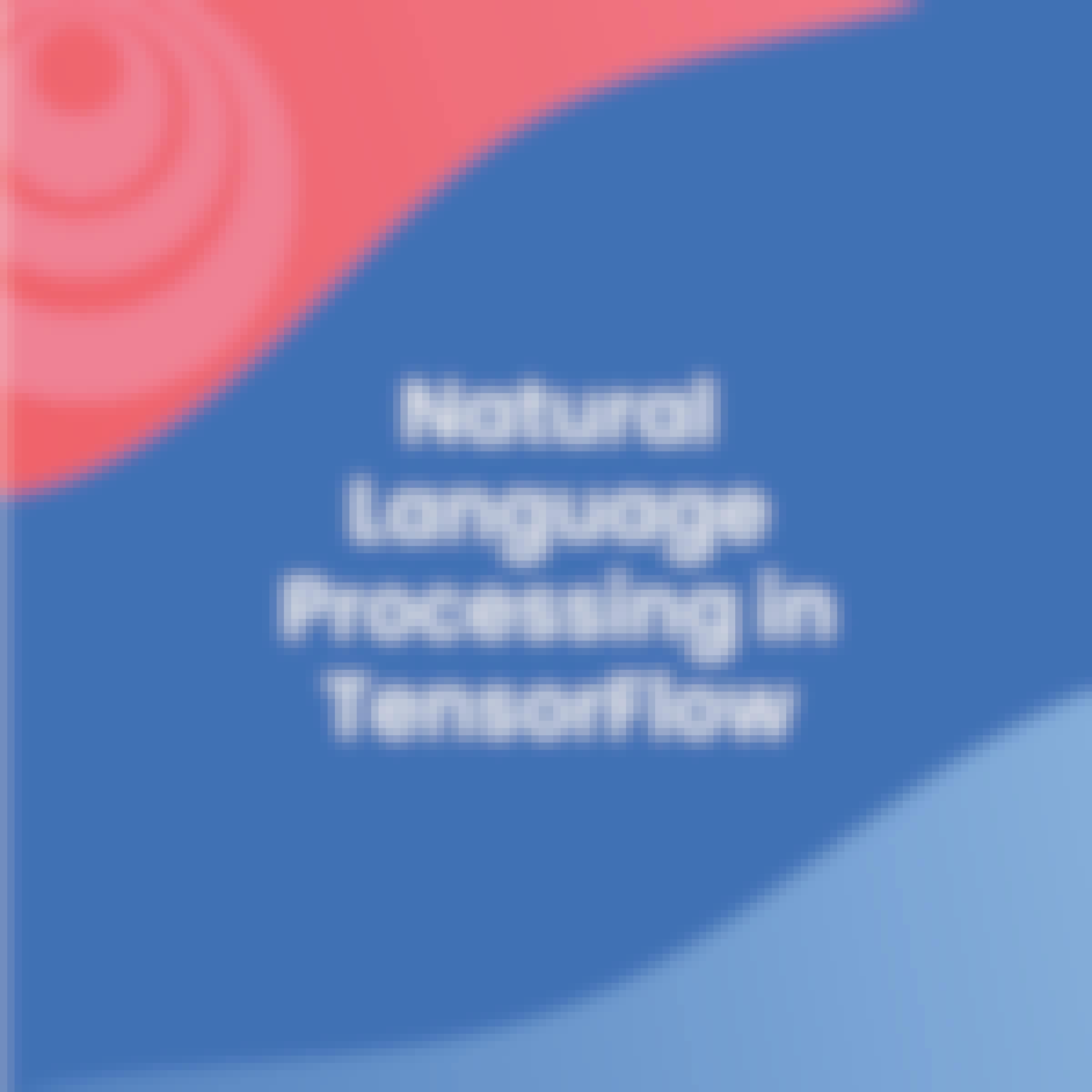
DeepLearning.AI
Skills you'll gain: Machine Learning, Natural Language Processing, Deep Learning, Machine Learning Algorithms, Tensorflow, Python Programming, Computer Programming, Artificial Neural Networks, Machine Learning Software, Network Model

Skills you'll gain: Human Learning, Machine Learning, Deep Learning, Python Programming, Artificial Neural Networks, Machine Learning Algorithms, Applied Machine Learning, Algorithms, Regression, Mathematics

University of Michigan
Skills you'll gain: Natural Language Processing, Python Programming, Machine Learning, Data Analysis, Data Mining, Applied Machine Learning, Machine Learning Algorithms, Algorithms, Exploratory Data Analysis, Human Learning

Skills you'll gain: Applied Machine Learning, Machine Learning, Machine Learning Software, Microsoft Azure, Natural Language Processing, Human Computer Interaction, Human Learning, Machine Learning Algorithms

Skills you'll gain: Machine Learning, Machine Learning Algorithms, Human Learning, Statistical Machine Learning, Data Analysis, Probability & Statistics, Algorithms, Applied Machine Learning, Forecasting, Statistical Analysis, Regression, Deep Learning, General Statistics, Python Programming, Machine Learning Software, Artificial Neural Networks, Exploratory Data Analysis, Feature Engineering, Dimensionality Reduction, Statistical Tests, Reinforcement Learning, Databases, Network Model, Tensorflow
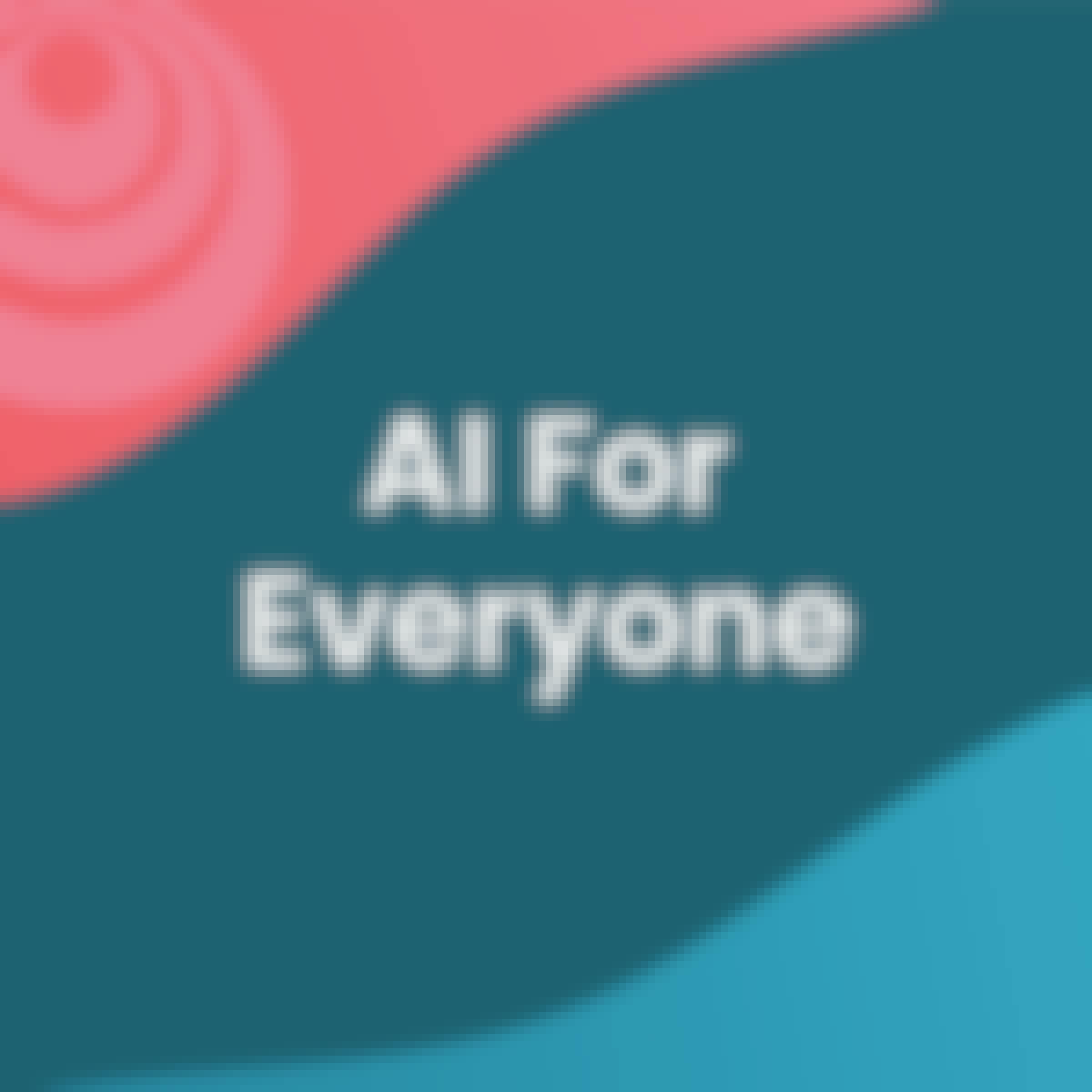
DeepLearning.AI
Skills you'll gain: Data Science, Deep Learning, Machine Learning, Artificial Neural Networks, Business Transformation, Human Learning, Planning, Project Management
Searches related to nlp
In summary, here are 10 of our most popular nlp courses
- Natural Language Processing with Probabilistic Models: DeepLearning.AI
- NLP: Twitter Sentiment Analysis: Coursera Project Network
- Natural Language Processing with Attention Models: DeepLearning.AI
- Data Science: Johns Hopkins University
- Convolutional Neural Networks: DeepLearning.AI
- DeepLearning.AI TensorFlow Developer: DeepLearning.AI
- Natural Language Processing in TensorFlow: DeepLearning.AI
- Deep Neural Networks with PyTorch: IBM
- Applied Text Mining in Python: University of Michigan
- Natural Language Processing in Microsoft Azure: Microsoft










